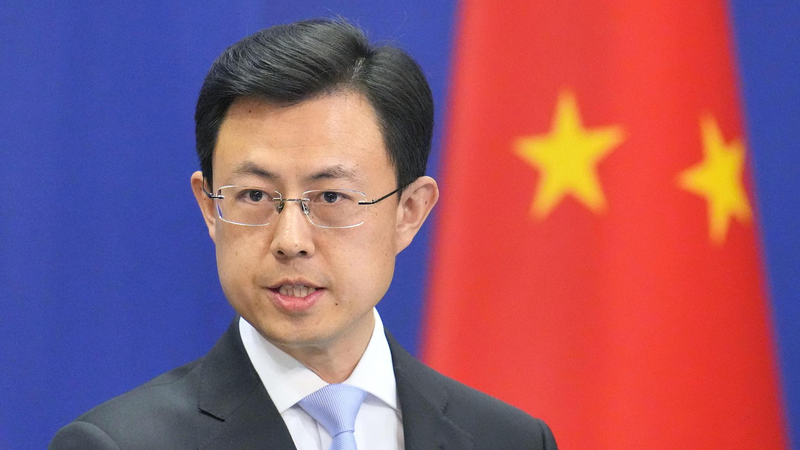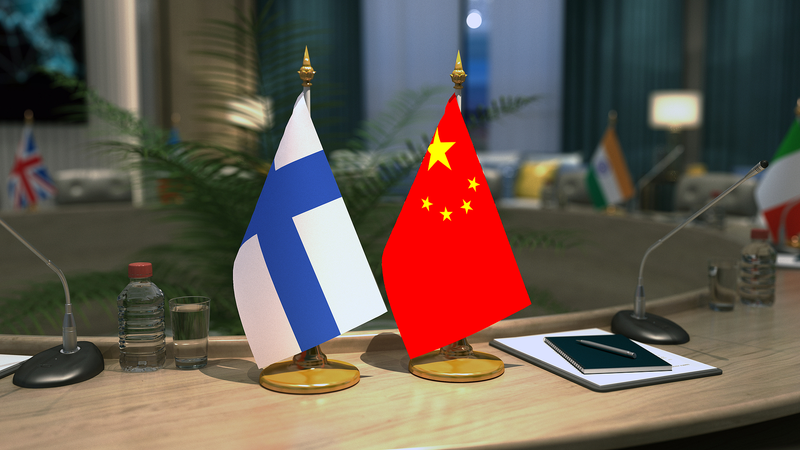As China hosts the 2025 National Games this November, former Belgian Prime Minister and UEFA executive Yves Leterme embarks on a quest to uncover the strategy behind the nation's bold ambition: to become a sports powerhouse 🏆. With state-of-the-art stadiums, talent pipelines and a tech-driven approach, China is redefining what it means to compete.
On the Ground: A Mega Event 🤩
This year, the National Games kicked off earlier this month with a spectacular opening ceremony. Thousands of athletes from every province have converged on ultra-modern venues, turning stadiums into arenas of dreams. For China, these games aren’t just about medals—they’re a showcase of national pride and organizational muscle.
Champions in the Making: Grassroots to Glory
From school gyms to specialized sports academies, China’s talent scouts are on the move. Programs in local communities now introduce young people to sports like badminton, table tennis and athletics before they even reach teenage years. The goal? Spot rising stars early and give them world-class coaching—an approach that has paid off in Olympic results in recent years.
Tech on the Track: The Data Advantage 🚀
Behind every sprint time and jump record is a world of data analytics. Chinese sports institutes are harnessing AI and wearable sensors to monitor athlete performance in real time. Coaches can adjust training plans on the fly, cutting injury risks and boosting efficiency. It’s a high-tech spin on an age-old training mantra: train smarter, not just harder.
Fandom 2.0: Social Media and National Spirit 🌐
These games have caught fire online. On popular platforms, short videos highlight jaw-dropping plays and emotional medal moments. Fans across Asia and beyond follow hashtags, cheering on athletes and sharing viral clips. This digital buzz is forging a new era of sports culture, where every slam dunk or pole vault can become an internet sensation overnight.
Road Ahead: Balancing Ambition and Sustainability
China’s sports dream faces hurdles: the cost of maintaining massive venues, finding pathways for athletes after retirement, and ensuring balanced development outside a handful of superstar disciplines. Yet with high-level support from policy-makers and a growing market for youth sports, the blueprint for long-term success is taking shape.
As Yves Leterme’s journey unfolds, one thing is clear: China’s National Games are more than a competition—they’re a battleground for innovation, national identity and sporting glory. And with eyes from around the globe watching, the world will see if this bold quest can truly propel China to the top tier of global sports.
Reference(s):
cgtn.com




